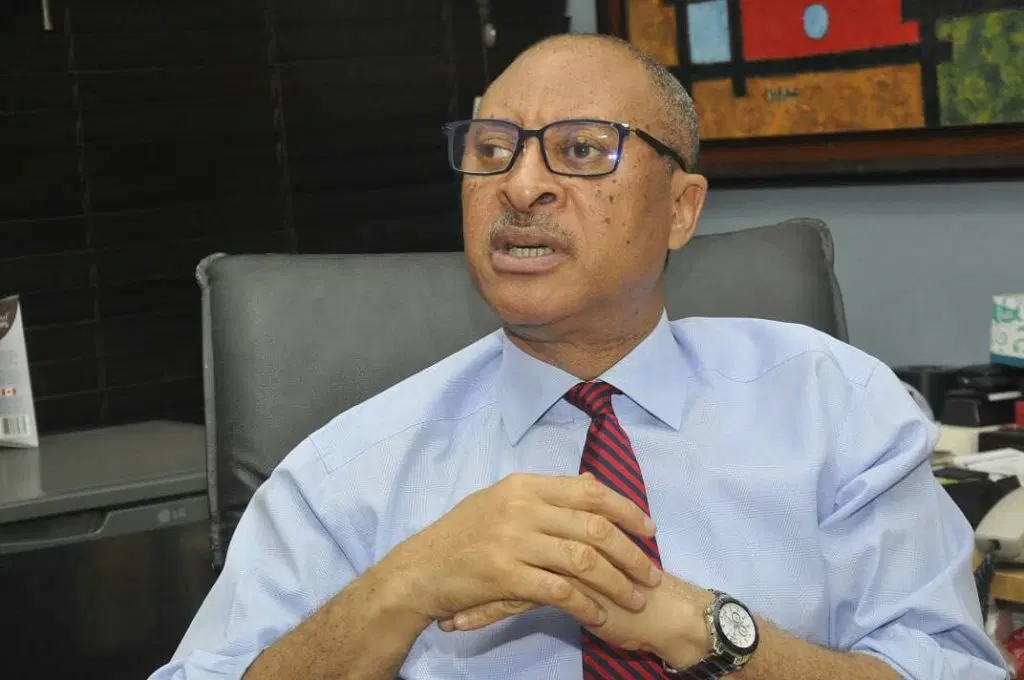2 mn read
- The individual participates in fellowships abroad every ten years, which include teaching and writing books. Currently, they are on a Woodrow Wilson Fellowship in the U.S. after having faced health challenges last year. This fellowship was accepted as a way to cope with their situation and will last until the end of May next year.
State of the Nation
- The interviewee expresses deep concern over Nigeria’s political landscape, describing it as distressing and disconcerting. They believe that the current political leadership prioritizes personal egos over the country’s needs, leading to poorly thought-out policies that fail to address the public’s issues. They criticize the triumph of politics that neglects the people’s welfare.
Insights on Political Trends
- They reference their book, “Why Not?,” which discusses citizenship, state capture, and creeping fascism in Nigeria. They wrote this book during the 2019 elections, predicting the troubling trends that have since emerged. They draw parallels between the political ascendancy of Bola Tinubu and historical fascism, indicating a decline in faith in the electoral process and the judiciary.
Critique of Current Leadership
- The interviewee refuses to absolve current leaders of responsibility, noting that all parties saw the problems coming but failed to act. They specifically mention Bola Tinubu’s silence during President Buhari’s administration as a significant issue.
Economic Challenges
- The discussion shifts to recent economic hardships attributed to the removal of the fuel subsidy and the floating of the naira. The interviewee agrees that while the removal of subsidies is necessary, it should focus on production rather than mere consumption. They emphasize the need for a robust indigenous intellectual class to shift Nigeria from a consumption-based economy to a production-oriented one.
Reform Recommendations
- They highlight the failures of past reform efforts and call for a reevaluation of how reforms are implemented in Nigeria. Drawing from examples like Malaysia’s New Economic Policy, they advocate for involving all stakeholders in reform processes to ensure effective implementation and ownership.
Conclusion
- The interviewee expresses uncertainty about Nigeria’s recovery timeline, indicating that further missteps could exacerbate the situation. They stress the importance of thoughtful, inclusive reforms that address the root causes of Nigeria’s challenges.

